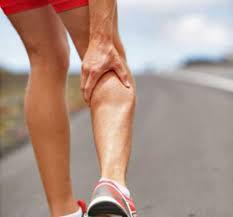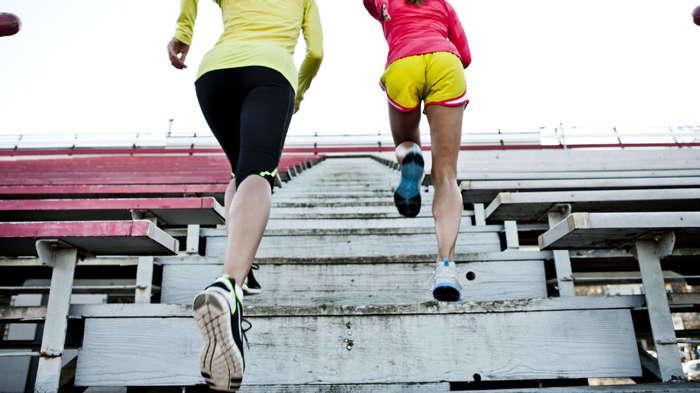Meaning of cramp
Cramp means a sudden painful Contraction or tightening of muscles that comes suddenly and last from a few seconds to several minutes of time. These sudden, involuntary muscle contractions are common and usually harmless for health, but they can be excruciatingly painful. We asked experts to explain what causes leg cramps and how you can avoid them in the future.

Dehydration
One of the main causes of leg cramps is dehydration. Exercising especially during the summer months, in the heat without enough liquid is the vital cause of leg cramp.” The reason dehydration causes cramping is largely theoretical. It may be that fluid depletion causes nerve endings to become sensitized, “triggering contractions in the space around the nerve and increasing pressure on motor nerve endings. This depletion is exacerbated by hot conditions or exercising, since you lose more fluid through sweat.

Mineral deficiency
It’s not just water that you sweat out of your body. Lost electrolytes can also contribute to leg cramping. If you’re low in certain electrolytes and other minerals, that imbalance can trigger cramping. A balance and healthy diet is a crucial reason for avoiding any kind of complexion in the body. Sports drinks can help to diminish cramps thanks to their sodium, as can eating wisely. Bananas, sweet potatoes, spinach, yogurt, and nuts are rich in those muscle-friendly minerals and may ward off the deficiencies that could cause leg cramps.

Overuse
Exercising without any proper guidance may cause leg cramping. “If you’re going on a long run, or you’re doing a boot camp, you might experience cramping later on,” Peterson says. “The nervous system is usually the culprit.” When the nerves running from the brain and spinal cord down to the muscle become overexcited, you often wind up with an involuntary cramp. Rest and stretching is extra important in these situations for the wellness of health.

Exercise intensity
When you are working out or exercising intensely to increase your strength and stamina at that point of time the cramp and contraction of muscle is usual, which can lead a major damage to your muscle and heath of your body. Your muscles aren’t automatically used to new intensity and movement. Your muscles don’t act and respond the same when you jog and sprint, for instance, so any increase in workout volume or intensity can trigger cramps.

Picture Credits: Google Images






